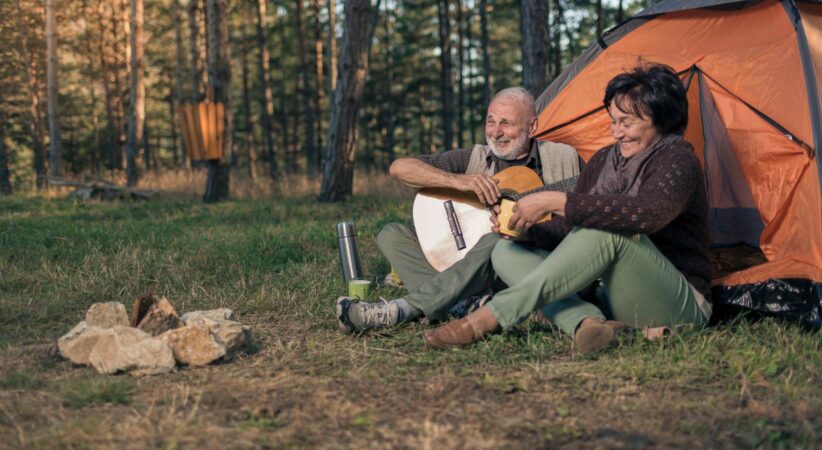
Skills for Success for Camping in BC
Guest post by Maureen Kehler.
The Skills for Success framework (previously called Essential Skills) was developed as a new model of the skills needed to participate and thrive in learning, work and life. Today’s guest blog post by Decoda’s program manager, Maureen Kehler, demonstrates how these skills apply to a common outdoor activity for British Columbians — camping!
Reading
- the long-range weather forecast
- the BC Ferries schedule
- the fishing regulations for the nearby lake
- that pile of novels beside your bed because that’s what summer is for
Writing
- an email to the camp operator, letting them know you have 3 more people coming and asking if there’s space
- a menu plan for the three-day family gathering
- a list of what to take on your camping trip
- an outline of your first novel
Numeracy
- measuring the tenting site to see how many extra tents you can put up and still have room to walk around without tripping on the stakes
- counting and measuring the fish that you caught and comparing that with your fishing buddy
- calculating how long it will take to reach the top of the mountain and how much water and how many snacks you will need for the whole group
- counting the number of mosquito bites you got the night before, then multiplying that by how many nights you will be camping out
Digital
- booking a prime camping spot online
- using the GPS on your phone to help you get to where you want to go
- sending texts and emails with photos to friends, saying “Wish you were here!”
- using your phone as a hot spot so you can watch movies in your tent at night
- downloading podcasts, digital books or videos to watch on your mobile device
Problem Solving
- figuring out how to fit the bikes and the kayaks on/in the vehicle and still have room for the barbeque and lawn chairs and the books
- you want to fish, swim, hike, bike, read and write – figuring out how to do it all
- figuring out how to get your headlamp to work when you know it isn’t a battery issue
- you see the rain clouds on the horizon and feel the wind in your face – when should you put up the tarp?
Communication
- discussing with the whole group what activities they want to do for the day
- divvying up camp chores
- having those great conversations around the campfire pit (but with no campfire due to the current fire ban)
- sharing memories
Collaboration
- putting up the tarp together, listening to everyone’s ideas on where the tarp should go, where to tie and how to tie the ropes (and being okay with your partner redoing your knots)
- preparing meals together
- carrying all the gear to the lake, making sure you haven’t forgotten the 2-year-old back at camp
- building a sand sculpture
Adaptability
- changing your activity plans to suit the others in the group
- discovering fun activities that you can do under a tarp when it’s pouring rain
- changing the menu plan for the day because you forgot the main ingredient at home
- changing from shorts and t-shirt to fleece, toque and jacket in a millisecond
Creativity and Innovation
- corking your keys to make them float (you don’t want to lose your keys in the lake)
- using your dental floss to lasso the tic that’s embedded in your arm
- building a raft out of what is washed up on the beach
- creating a scavenger hunt for the whole campsite
You can learn more about Skills for Success by reading these blogs posts:
Related Blog Posts
Using The Westcoast Reader as a Digital Resource
Did you know that The Westcoast Reader is now available as a digital newspaper? This format is great for tutors and other practitioners working remotely. Earlier this year Felisha Chuter …
The Impact of Trauma on Learning in Adults
Early as well as recent trauma has an impact on learning in adults.
The Language Literacy Network
Learn about The Language Literacy Network framework developed by Dr. Jan Wasowicz.
